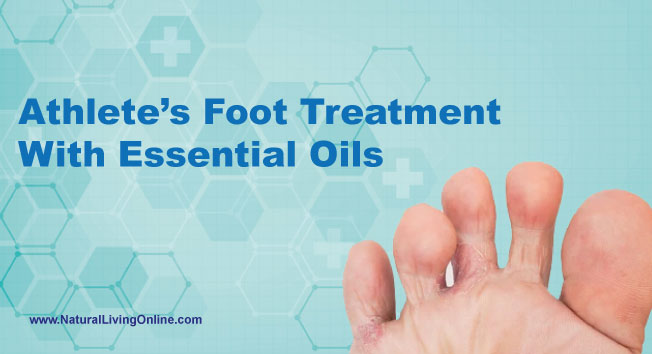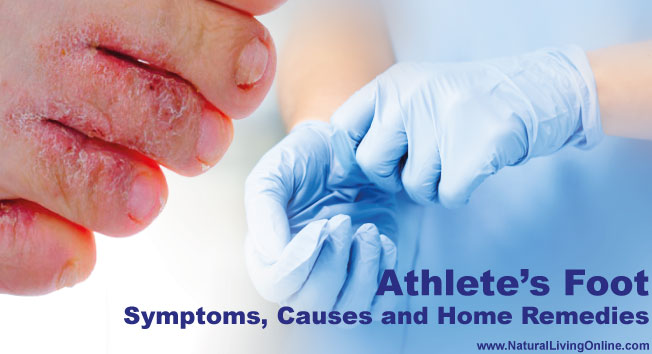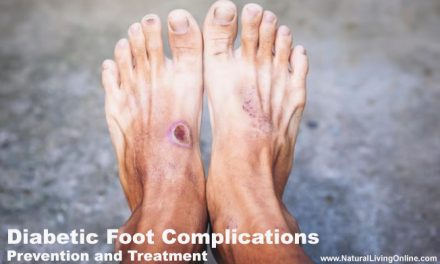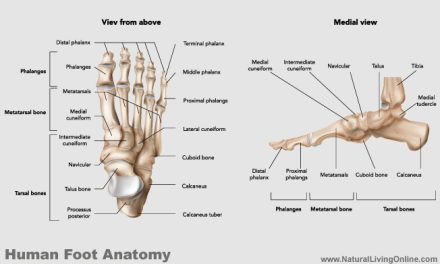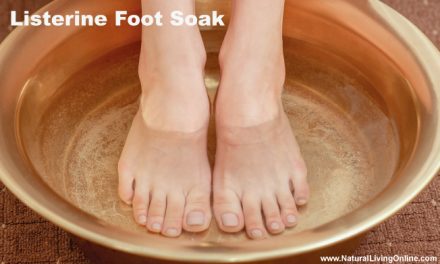Athlete’s foot is a common fungal infection that affects the skin on the feet. Athlete’s foot is caused by a fungus called tinea pedis, and it can occur on both the toenails and the skin of the feet. The fungus thrives in warm, moist environments, and it can spread from person to person through direct contact or by sharing contaminated objects.
Symptoms of Athlete’s foot
The most common symptom of athlete’s foot is itchiness. The fungus can also cause the skin on the feet to become red, scaly, and cracked. In some cases, the fungus can also cause the toenails to become thickened and discolored.
How to prevent athlete’s foot
-Wash your feet regularly with soap and water, and dry them thoroughly.
-Wear shoes that are made of breathable materials, such as leather or canvas.
-Avoid walking barefoot in public places, such as locker rooms or pool areas.
-Don’t share towels, socks, or other personal items with others.
-Keep your feet clean and dry.
-Change your socks regularly, and don’t wear the same pair of shoes two days in a row.
Athlete’s foot treatment options
-OTC antifungal cream, powder, or spray
-prescription antifungal oral medication
-home remedies (essential oils, salt soaks, apple cider vinegar)
When to see a doctor
If the athlete’s foot doesn’t improve after two weeks of self-care, make an appointment to see your doctor. You should also see your doctor if you have diabetes and develop athlete’s foot, because the condition can lead to serious complications.
Treating Athlete’s foot with essential oils
Essential oils have antifungal, antibacterial, and anti-inflammatory properties that make them effective for treating a number of skin conditions, including athlete’s foot.
There are many different essential oils that can be used to treat athlete’s foot. Some of the most popular essential oils for treating athlete’s foot include:
• Tea tree oil: Tea tree oil is a potent anti-fungal agent that can help to kill the fungus that causes athlete’s foot.
• Lavender oil: Lavender oil has anti-inflammatory and antiseptic properties that can help to soothe the skin and reduce redness and irritation.
• Peppermint oil: Peppermint oil contains menthol, which has cooling and soothing properties. This makes it an ideal choice for treating itchiness and inflammation.
• Oregano oil: Oregano oil is a powerful anti-fungal agent that can help to kill the fungus that causes athlete’s foot.
How to use essential oils for Athlete’s foot
There are many different ways that you can use essential oils to treat athlete’s foot. Some of the most popular methods include:
• Soaking the feet: Add a few drops of essential oil to a bowl of warm water and soak the feet for 20 minutes. This can help to kill the fungus and soothe the skin.
• Applying a topical cream: Mix a few drops of essential oil with a carrier oil such as coconut oil or jojoba oil and apply it to the affected areas.
• Adding essential oils to a foot bath: Add a few drops of essential oil to a foot bath and soak the feet for 20 minutes. This can help to kill the fungus and soothe the skin.
• Salt Soak: Adding essential oils to epsom salt or sea salt and soak your feet for 15 to 20 minutes. The combination of epsom salt or sea salt with essential oil can help to kill the fungus and soothe the skin. The salts can also help to draw out excess moisture from the skin, which can prevent the fungus from spreading.
Precautions
It is important to remember that essential oils are very concentrated and should be used with caution. Be sure to dilute the essential oils in a carrier oil before applying them to the skin. It is also important to test the essential oils on a small area of skin before using them over the entire foot. If you have If you have any allergies or sensitivities, be sure to check with your doctor before using essential oils.
This website does not provide medical advice.
All information provided on this website, and on associated social media networks, including but not limited to texts, images, and numbers are for general information purpose only. It is not intended as medical advice and it does not include all possible precautions, side effects, or interactions that may occur. Neither NaturalLivingOnline.com nor its author/founder take responsibility for how you use this information. Statements contained on NaturalLivingOnline.com have not been evaluated by the FDA. You should conduct thorough research via multiple sources and consult your physician or qualified doctor before using any essential oil or herbal remedy. Information on NaturalLivingOnline.com must not be relied upon for medical, legal, financial or other decisions.

